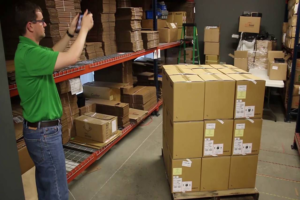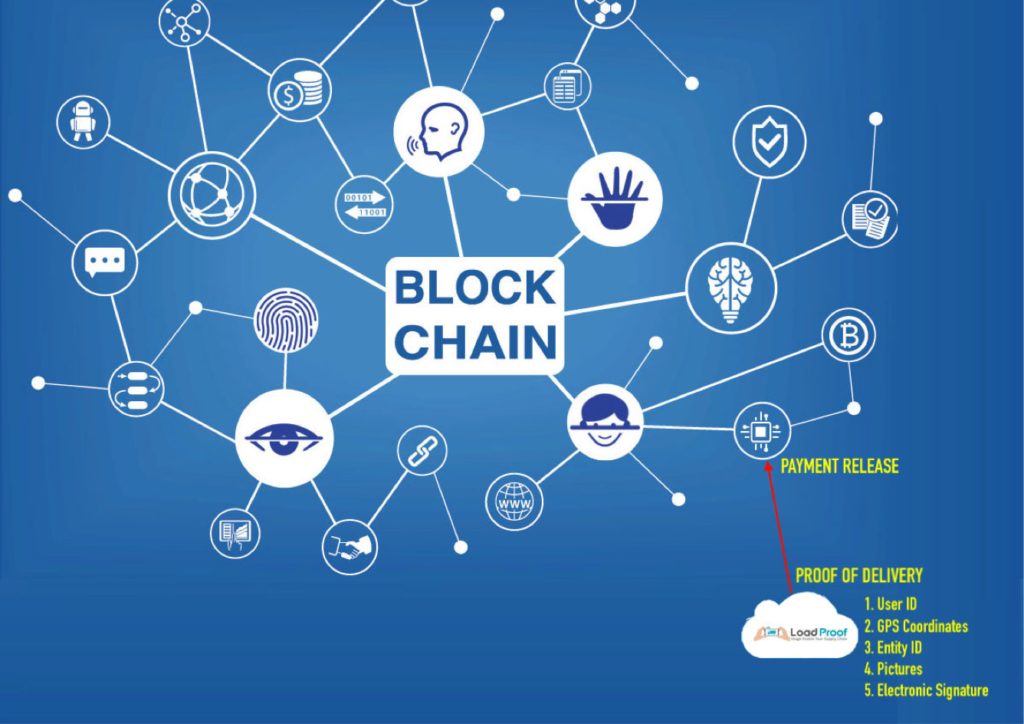The Smart Machine Age: Humans Need Not Apply
At a recent Next-Gen Executives: Trans-formative Leadership in the Smart Machine Age Summit, I learned that the leadership component was as much or more important than the smart machine part. The professor leading the summit was Dr. Ed Hess from University of Virginia, Darden School of Business. After an exhaustive amount of research, he and his team have written this book titled Humility—a title that points to a key attribute of great leaders.
Trans-formative leadership is all about transforming ourselves in this smart machine age so we can work together with empathy in a collective fashion. We don’t need to be competitors in this technology tsunami that is upon us.
Let me share some some key points from the summit:
- We are at a cusp of a major transformation of everything, that will usher us into a new age called the Smart Machine Age (SMA). Some technologies to watch:
- Internet of Things.
- Artificial intelligence.
- Machine learning.
- Augmented reality.
- Virtual reality.
- Nano technology.
- 3D printed-based manufacturing.
- Robotics.
- The impact of the SMA is bigger than the industrial revolution. The level of automation is going to eliminate so many jobs and we are all going to be out of jobs
- We are all working harder and harder and getting paid less and less. The median income for most workers has been decreasing since 1999. Wages for average production and non-supervisory workers as of 2013 were 13% less than in 1973, after adjusting for inflation. As a result income inequality is at levels not seen since 1929.
- The percentage of contingent workers, including part time, temporary workers, and independent contractors is a whopping 40% of the work force according to an April 2015 report of the U.S. Government Accountability office.
- While automation has been happening, robots have been staying robotic with limited capabilities. Now, that is changing, and machines are getting smarter day by day. They are now able to tackle both cognitive and non routine manual tasks that were previously that used to be the exclusive purview of humans
- Technology is beginning to replace knowledge workers, people who believed their professions were immune to automation, including accountants, business managers, doctors, lawyers, journalists, researchers, architects, higher education teachers, and consultants.
- Smart technologies will become ubiquitous, invading and changing many aspects of our professional and personal lives and in many ways challenging our fundamental beliefs about success, opportunity and the American dream
So what is the impact?
- Oxford University and Bank of England think that technology will replace 47% of US jobs or displace as many as 80 million US workers in the next 10 to 20 years.
- Humans will have to perform those skills that either complement technology or constitute what machines can’t yet do well. That list includes the following SMA skills:
- Critical thinking.
- Innovative thinking.
- Creativity.
- High emotional engagement.
- In order to survive in the SMA, people need to overcome our inhibiting cultural mindsets, our reflexive and cognitive emotional ways. We need to compete effectively and complement smart machines that will not have any biases, no egos, no emotional defensiveness and no fears.
- We need to become better thinkers, listeners, relaters, collaborators, need to overcome our culture of obsessive individualism.
- The four fundamental behaviors that will help us overcome our nature and nurture limitations
- Quieting ego
- Managing self – One’s thinking and emotions
- Reflective listening
- Otherness – Emotionally connecting and relating to others
So what are the important attributes that we need to embody in this SMA?
The new smart
Currently, smart refers to those who know the most facts and got the best grades or made the fewest mistakes. In the SMA, it is impossible for humans to know more than any machine, and machines will still score better on exams given to both. The new definition of smart reflects the increasing cognitive capabilities of smart machines and is not measured by quantity (how much you know), but by the quality of your thinking, learning, and emotionally engaging with others, because the machines cannot do all these.
Humility
Humility is not about being subdued or meek. It is about, a mindset about oneself that is open minded, self accurate, “not all about me”, and that enables one to embrace the world as it is, in the pursuit of human excellence. This enables the behaviors that underlie the high performance of SMA skills.
New smart behaviors
It is very important to inculcate the new smart behaviors, not only that but also create an ambiance that fosters such behavior. Most of us will have to train our cognitive, emotional, self-management muscles to excel at the new smart behaviors that underlie the thinking and emotionally engaging skills that separate us from smart machines. We need to embrace this new smart and cultivate humility. The new environment must be designed to reduce the two biggest human learning inhibitors: ego and fear. Three psychological concepts form the foundation of that environment are positivity, self determination theory and psychological safety.
Clearly, emerging technologies are already impacting the supply chain. How do you see these trends and ideas impacting the way you work? How are you preparing for this gargantuan change and the SMA? Share your thoughts in the comments section below.
Originally published at Smartgladiator.com on Feb 28, 2018.




 1. Increases EPP, using budgeted line items.
1. Increases EPP, using budgeted line items. Millennial friendly technology, less onboarding time, very easy adoption – touch screen keypad, and 43% of Millennials already use IOS, familiar with Facetime, 85% of Millennials aged 18-24 own devices and 86% aged 25-34 own them, consume a lot of video on their smartphones, and are highly comfortable with this medium, they understand and like apps.
Millennial friendly technology, less onboarding time, very easy adoption – touch screen keypad, and 43% of Millennials already use IOS, familiar with Facetime, 85% of Millennials aged 18-24 own devices and 86% aged 25-34 own them, consume a lot of video on their smartphones, and are highly comfortable with this medium, they understand and like apps.